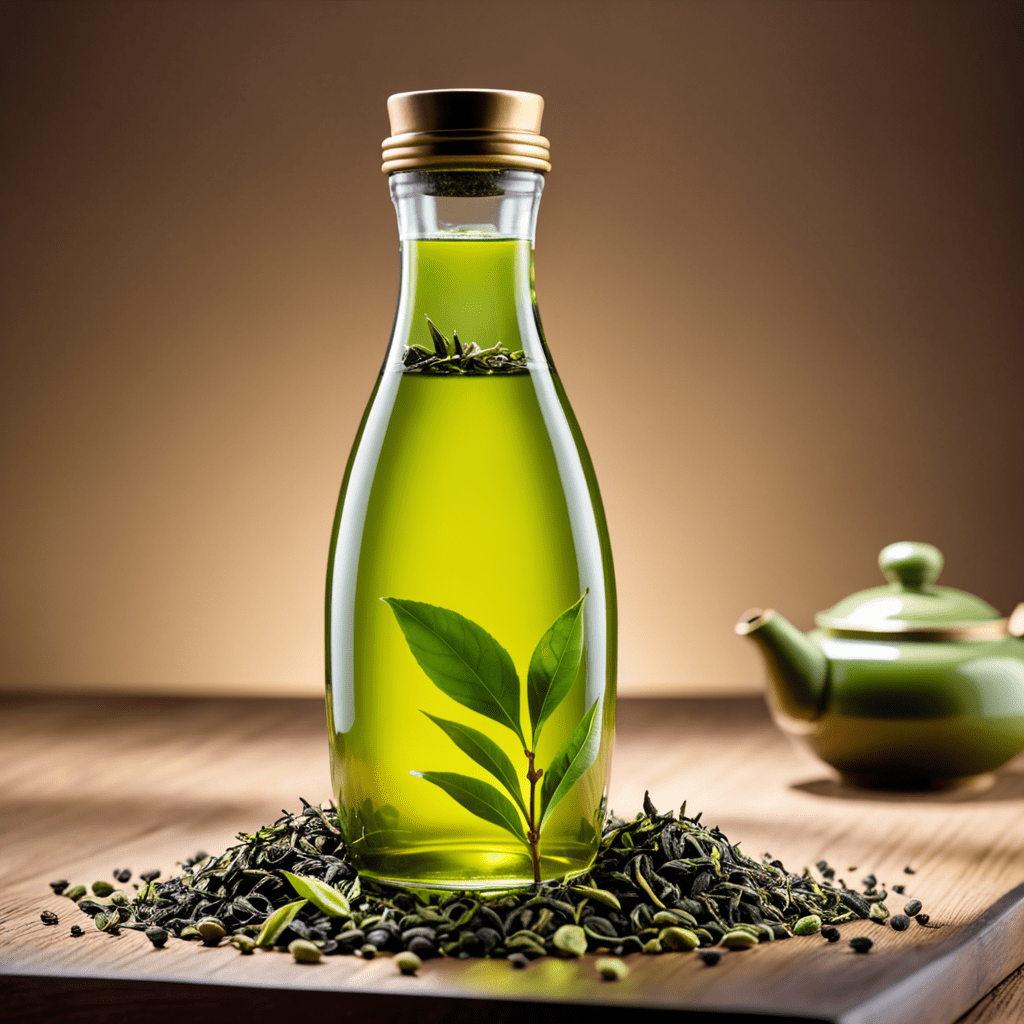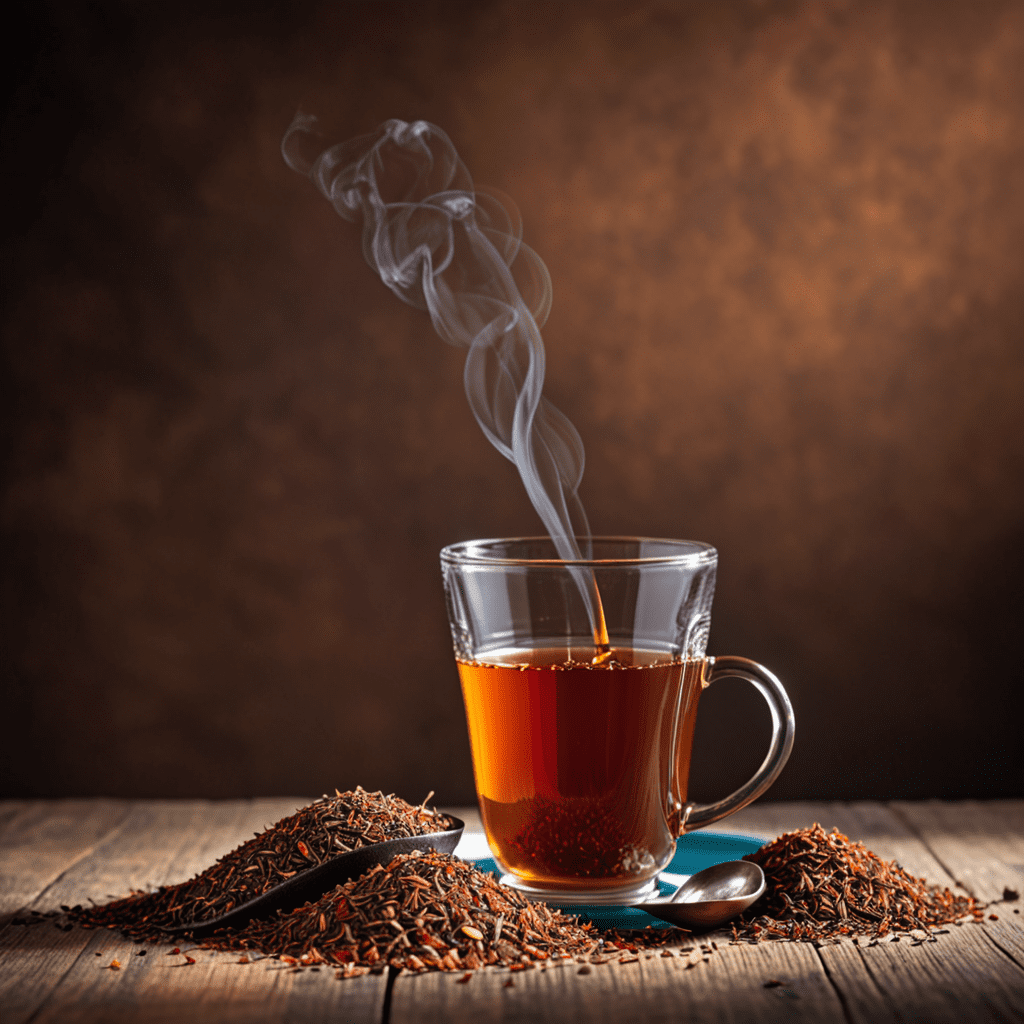Introduction to Assam Tea
Assam tea, a renowned black tea variety, originates from the lush Brahmaputra Valley in the northeastern Indian state of Assam. Known for its robust flavor and invigorating aroma, it has captivated tea enthusiasts worldwide. The unique terroir and cultivation practices of Assam contribute to the distinctive characteristics that set it apart from other teas.
The Unique Flavor Profile of Assam Tea
Assam tea boasts a full-bodied, malty flavor with hints of earthiness and spice. Its strong, brisk character is balanced by a pleasant astringency that lingers on the palate. The tea's deep amber color and rich aroma add to its sensory appeal, making it a favorite among tea connoisseurs.
Assam Tea Cultivation and Processing
Assam tea is grown in vast plantations, where the tea bushes thrive in the region's humid subtropical climate. The tea leaves are harvested by hand and processed using the traditional CTC (Crush, Tear, Curl) method. This process involves crushing, tearing, and curling the leaves, which creates the tea's distinctive brisk flavor and robust body.
Health Benefits of Assam Tea
Beyond its culinary delights, Assam tea offers an array of health benefits. Its high concentration of antioxidants, including flavonoids and tannins, has been linked to reduced inflammation, improved heart health, and enhanced cognitive function. Additionally, Assam tea contains caffeine, which provides a gentle boost in energy and alertness.
Assam Tea in Culinary Applications
Assam tea's versatility extends beyond its traditional role as a morning or afternoon beverage. Its robust flavor profile makes it an excellent ingredient in various culinary creations. From savory dishes to sweet treats, Assam tea adds depth and complexity to a wide range of recipes.
Pairing Assam Tea with Different Foods
Assam tea's versatility extends to its pairings with food. Its robust flavor complements a variety of cuisines and dishes. Assam tea pairs well with strong-flavored foods such as grilled meats, hearty stews, and spicy curries. Its malty notes complement sweet treats like pastries, chocolate, and fruit desserts, creating a harmonious balance of flavors.
Assam Tea in Traditional Assamese Cuisine
In Assam, tea holds a special place in traditional Assamese cuisine. It is an integral part of everyday life, served with meals and as a refreshing beverage throughout the day. The Assamese often prepare tea using traditional methods, which involve boiling the tea leaves with water, milk, and spices like ginger and cardamom. This flavorful concoction, known as "masala chai" or "milk tea", is a beloved beverage enjoyed across the state.
Assam Tea's Role in Modern Gastronomy
Beyond its traditional culinary applications, Assam tea has also found its way into modern gastronomy. Chefs and mixologists have embraced its unique flavor profile, incorporating it into innovative dishes, beverages, and desserts. From tea-infused soups and glazes to tea-based cocktails and sorbets, Assam tea's culinary potential continues to be explored and celebrated.
Ethical and Sustainable Production of Assam Tea
The production of Assam tea is deeply intertwined with environmental and social sustainability. Ethical considerations like fair wages for workers and responsible land use practices ensure the well-being of tea growers and the preservation of Assam's natural ecosystems. Sustainable farming methods, such as reducing pesticide and fertilizer use, minimize environmental impact while preserving soil health and biodiversity.
Conclusion: Assam Tea's Culinary Legacy
For centuries, Assam tea has been celebrated for its distinctive flavor, health benefits, and culinary versatility. From its humble origins in the Brahmaputra Valley to its global renown, Assam tea has left an enduring mark on the world's tea culture. Its rich flavor, invigorating effects, and ethical production make it an exceptional culinary companion that continues to inspire tea enthusiasts and culinary adventurers alike, ensuring its culinary legacy for generations to come.
FAQs
Q: What is Assam tea known for?
A: Assam black tea is renowned for its strong, brisk character, malty flavors, and deep amber color.
Q: What are the health benefits of Assam tea?
A: Assam tea is a rich source of flavonoids and tannins, offering antioxidant, anti inflammatory, heart health, and mental well-being benefits.
Q: How is Assam tea processed?
A: Assam tea leaves undergo a CTC (Crush, Tear, Curl) processing method, which involves crushing, tearing, and curling to create its brisk and malty flavor profile.


